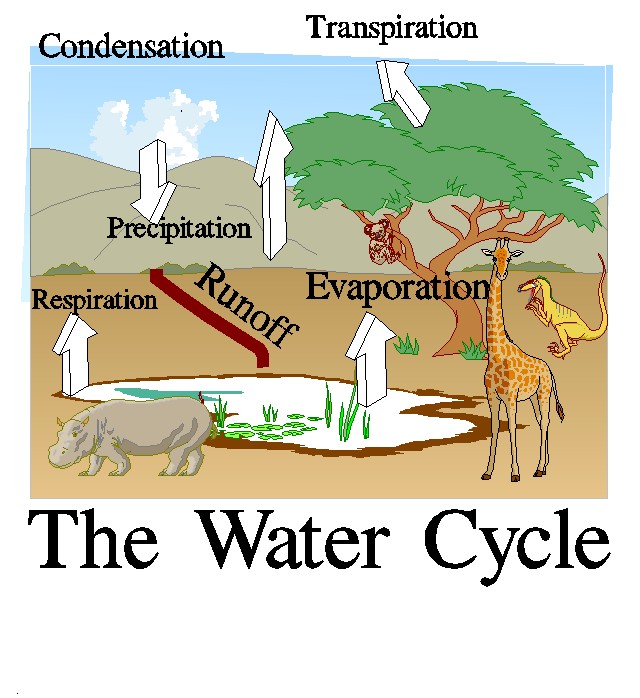Answer to Question 1
Since the enactment of the Clean Water Act in 1972, the number of Americans served by sewage treatment plants has increased from 85 million to 173 million. Many of our most heavily used rivers, lakes, and bays have been cleaned up and restored. EPA estimates that an additional 148 billion will be needed over the next 20 years to meet funding needs for all eligible municipal wastewater treatment systems. The amount represents a gap of about 6 billion between current annual expenditures and projected needs.
Problems in reauthorizing the act include debates over whether requirements should be strengthened or weakened, whether additional mandates should be subjected to a cost/benefit analysis, and how regulatory relief should be provided to industries, states, cities, and individuals who are required to take actions to comply with the regulations.
EPA has identified nonpoint-source pollution as the nation's number-one water pollution problem, with the construction of new wastewater treatment facilities not far behind. Other significant issues, including storm-water discharges, combined and separate sewer overflows, wetlands protection, and animal feeding operations, are also receiving the EPA's attention and are in Congress's sights for possible action. The continuing high percentage of the nation's water resources that fail to meet the water quality standards makes it clear that much remains to be accomplished.
Answer to Question 2
Deforestation, assuming all the trees are removed, would eliminate the portion of the water cycle that involves evapotranspiration of water through the trees. This is likely to decrease the amount of water in the ecosystem because the water that would have been absorbed by the trees will now run off to the streams and rivers. This is likely to increase erosion and the quantity of nutrients in the streams and rivers in the short run. In the longer term, the area would become drier. The water that would have been evaporated from the trees is no longer available to contribute to the humidity, and the precipitation in the area will be reduced. Any organism that was dependent on particular levels of precipitation would be stressed or eliminated and not available for human use. The amount of water available for human use would be reduced.







